The Australian government will invest $1 billion over 12 years to ensure its sovereign capability to produce and access vaccines in future pandemics.
This comes as Seqirus, a subsidiary of CSL, announced that it would build a new $800 million biotech manufacturing facility in Australia to supply influenza vaccines to Australia and the world.
The new world-class Seqirus facility will use cell-based technology to produce influenza vaccines for both seasonal and future pandemic programs. It is expected to be the largest vaccine manufacturing facility in the Southern Hemisphere.
The facility will additionally produce antivenom for Australian snakes, spiders, and marine creatures, and the world’s only human vaccine for Q-Fever.
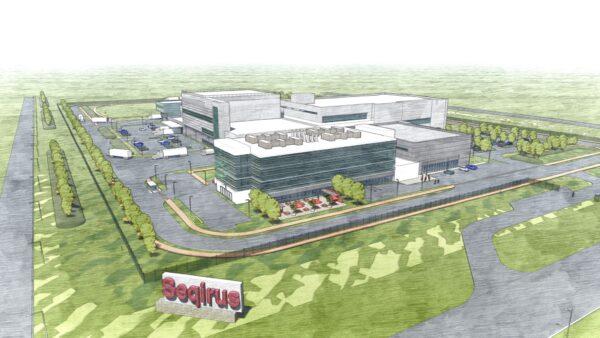
Prime Minister Scott Morrison was in Melbourne on Monday to visit CSL’s Broadmeadows plant in his first trip to the city since February.
“This is for the future, but it also is creating economic opportunities right now and security around our supply chains in a critical medical area,” Morrison said.
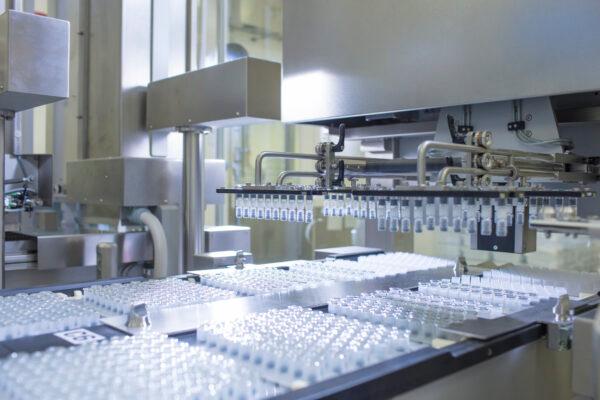
CSL’s Chief Executive Officer and Managing Director Paul Perreault said, “Providing safe and effective influenza vaccines is essential in securing our defences against serious public health threats.”
The new Australian-based facility will be plugged into CSL’s global influenza manufacturing supply chain.
“Cell-based influenza vaccine technology offers many advantages over the existing process, including being more scalable and offering faster production—particularly important in the case of influenza pandemics,” Perreault said.
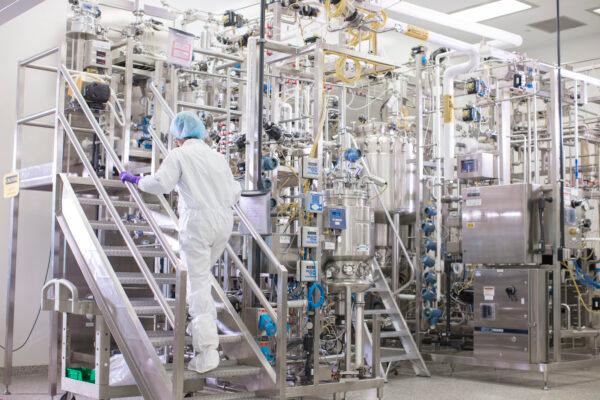
The existing deal with Seqirus was due to expire in 2024/25, potentially putting Australia at risk of needing to source critical medical products from overseas.
The new agreement runs until 2036.
Work will start next year—creating 520 construction jobs—with the site expected to be operating by mid-2026.
Health Minister Greg Hunt said the new facility would guarantee Australia’s security against pandemic influenza for the next two decades.
“This is a major milestone, ensuring that Australia can mass-produce vaccines against future flu pandemics,” he said.
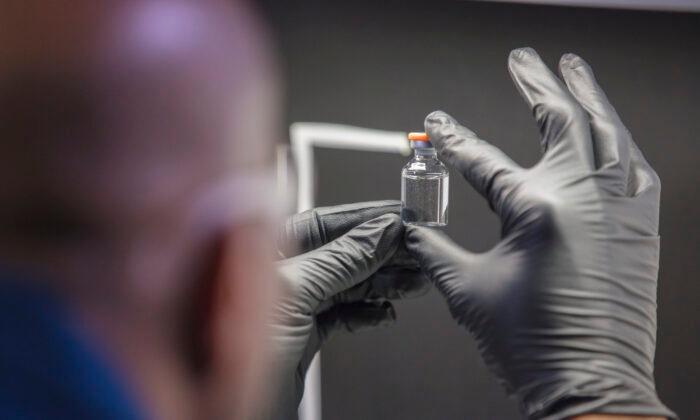

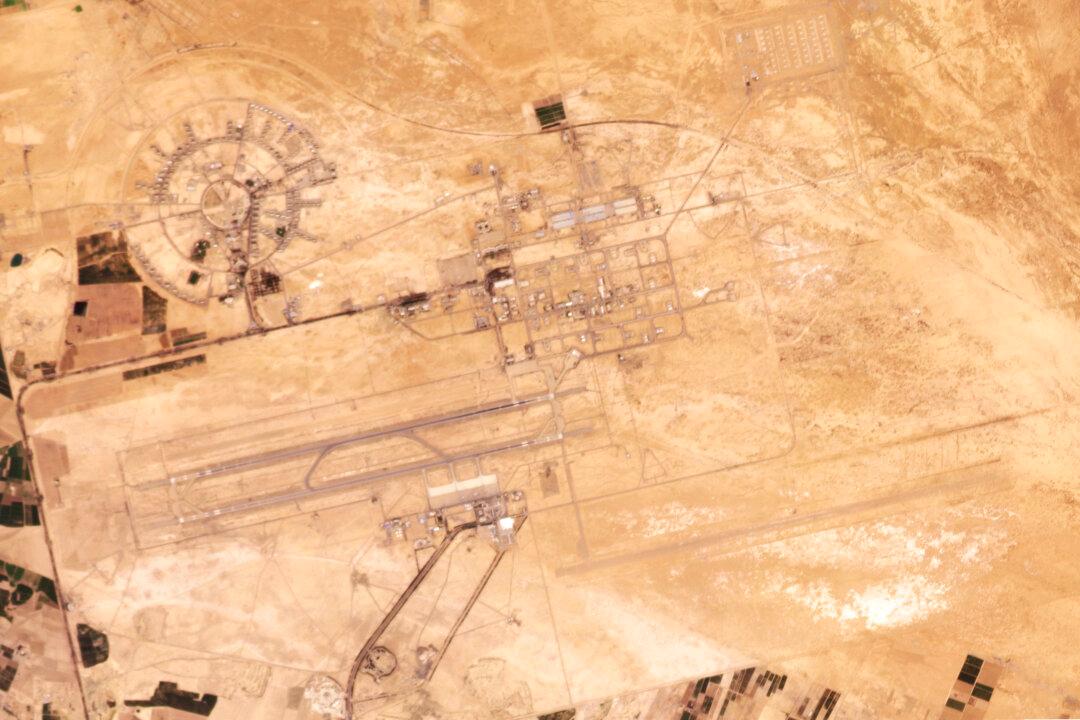
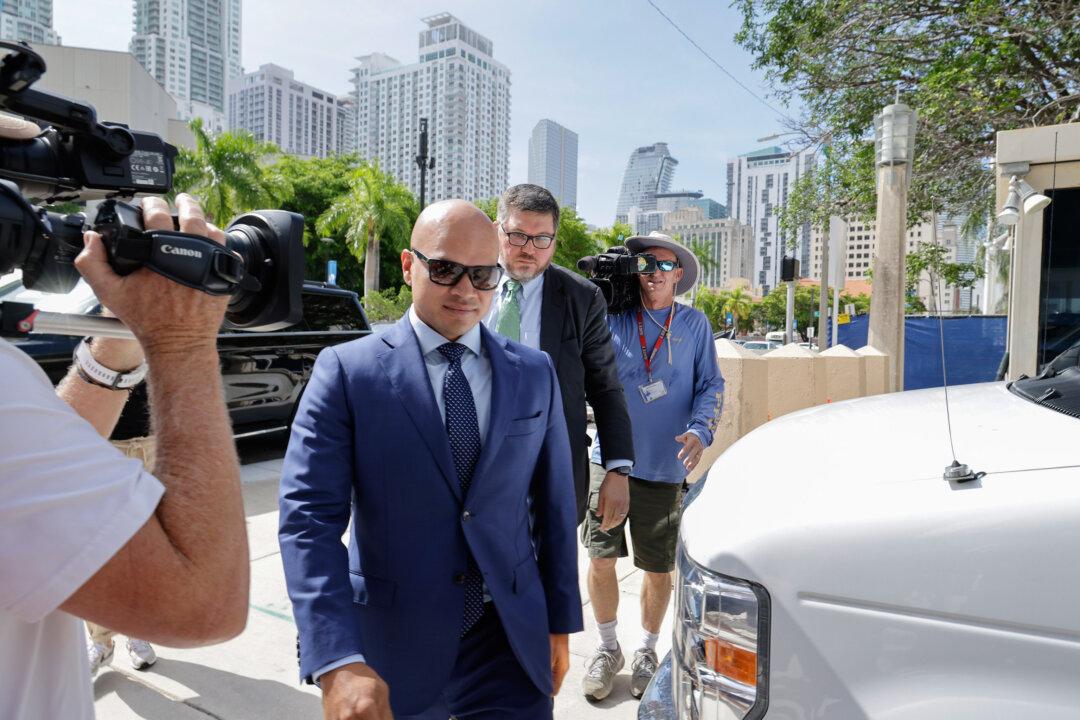
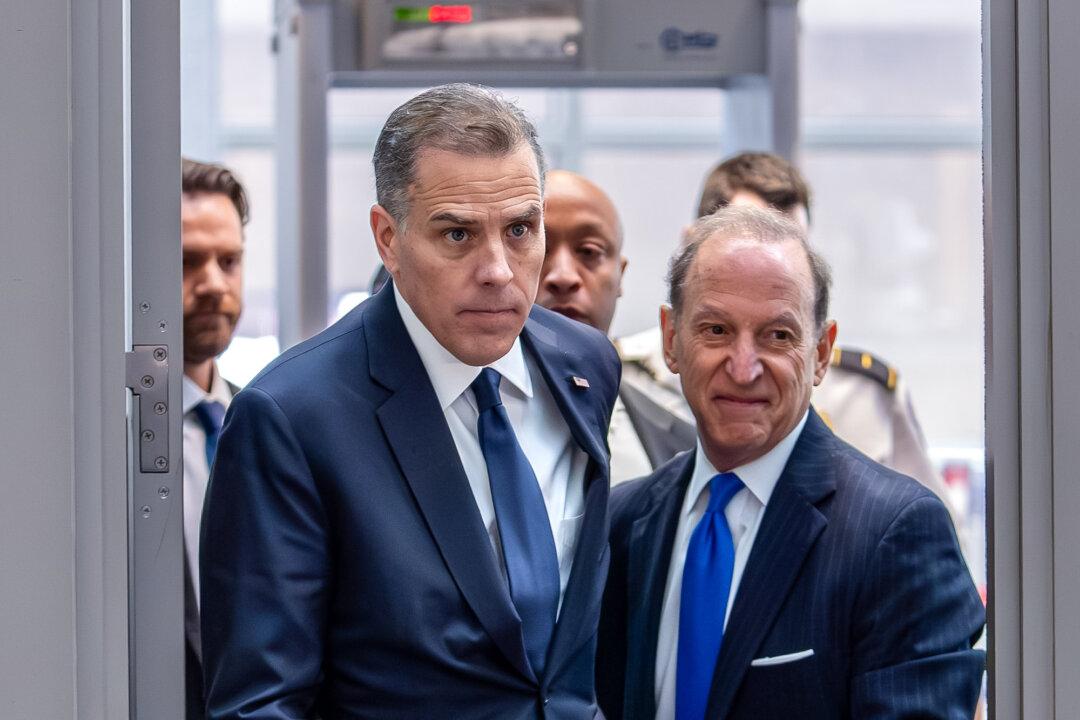
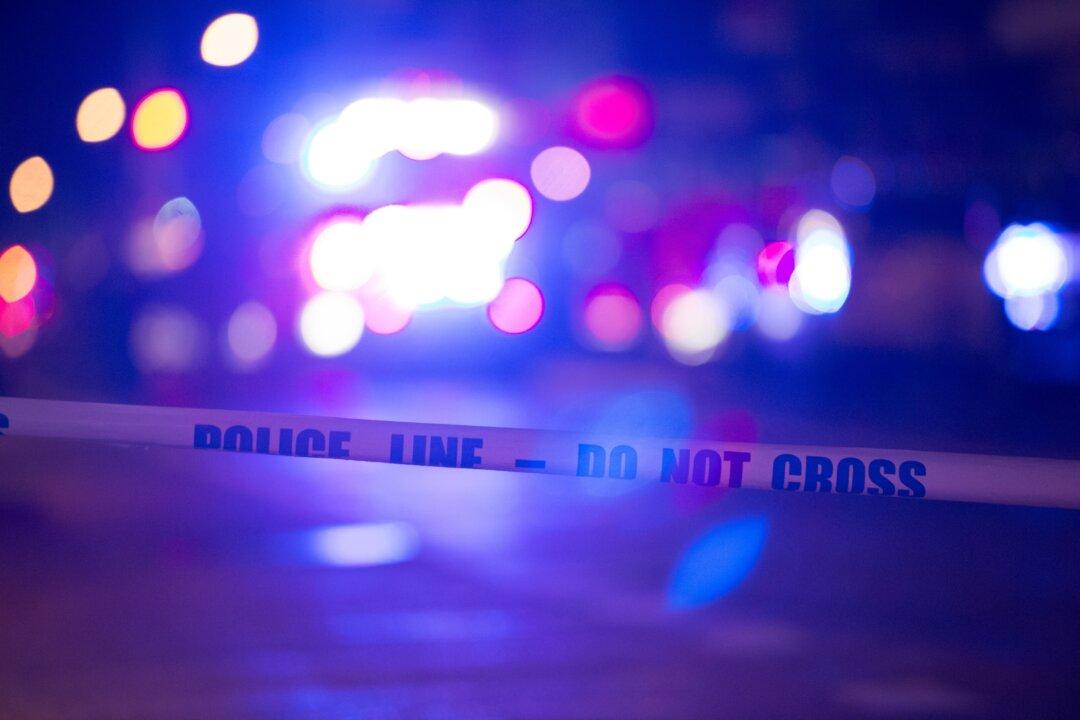
Friends Read Free